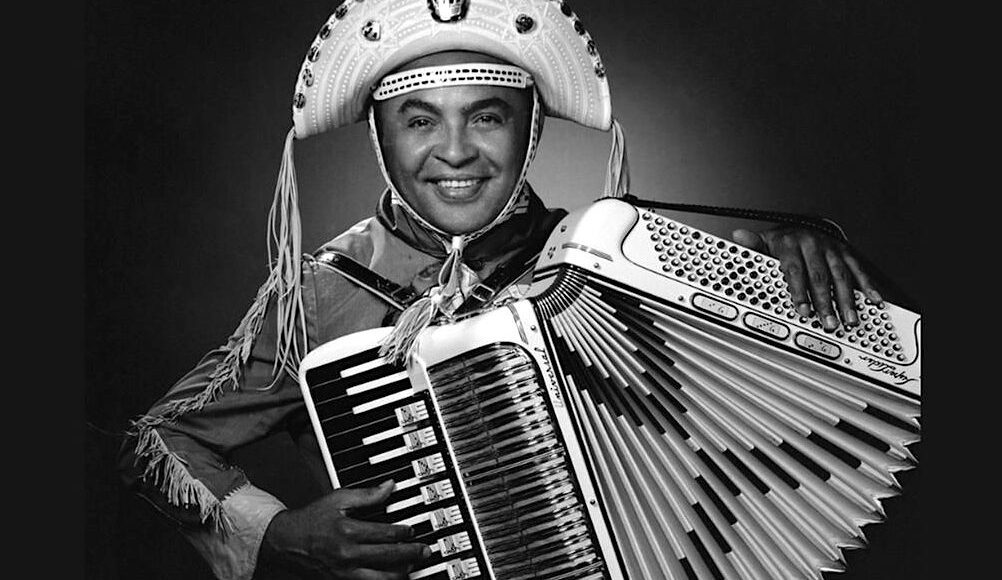Far beyond Faria Lima
I have been taken to other places in Brazil, more or less as the song Vida de Viajante invites us

Our ethnocentric São Paulo perspective has always bothered me, as an individual and as a professional. The economic, financial and cultural wealth that São Paulo concentrates and generates is its light and inspirational side. But it hides a shadow, as it should be, because it is always like that. It is a self-centered, parochial look, with traces of undisguised pride.
After many years of living with these symptoms, I have been taken to other places in Brazil, more or less as the song invites us Traveler's Life (Luiz Gonzaga and Hervê Cordovil). I'm undecided: should I wait for you to continue reading these lines or suggest that you listen to Luiz Gonzaga, together with his son Gonzaguinha, sing this quasi-national anthem?
…
Well, if you're still there, I'll share what I've heard, seen and, most importantly, felt on these journeys outside the city of São Paulo, very far from Faria Lima. A rich mix of personal feelings, professional teachings and a recovery of an authentically Brazilian pride.
01. In addition to spreadsheets and images on the internet, there is nothing like seeing in person the wonderful expansion zones that are emerging across the country. Example? After living for decades eating French bread, made with Argentine wheat, I recently discovered in Irati (PR) that we can also do the same thing with our wheat. What they called original wheat, which owes nothing to anyone.
02. Contrary to our inward-looking São Paulo vision, what I see in many places I go is not the burning desire to migrate to the South of Wonder, which Henfil, a cartoonist-thinker, talked about. As if São Paulo housed the Holy Grail. But, contrary to that, what I observe is sincere local pride. I had the privilege of visiting a large steel manufacturing enterprise in Ceará and Pará. But also a large and qualified educational network in Minas Gerais, which reaches more than 800 schools in Brazil, with its teaching system. And, even though I didn't go that far from Faria Lima, I learned how a brand of milk and dairy products is treated in an almost maternal way at Fazenda Colorado, in Araras. 100km from Araras, a family business was born 60 years ago in Amparo, which today accounts for 20% of domestic cleaning products. Check it out, they should be there in your house. None of this is a coincidence, none of this happens by chance. And more than anything else, does anyone doubt the substantial weight they have on GDP?
03. I learned that these areas of expansion of our economy today use the same technical and professional resources that we have here. Distance has been neutralized by digital engineering. I remember a time when we arrived in a city far from São Paulo and asked: Do you have broadband here? What is the closest airport? And other stupid questions that I'm embarrassed to remember today.
04. Zoom, Google Meet, Teams are very good. Nobody denies it. However, walking in someone else's shoes, personally, where they live, work and produce, where the magic happens is an analog experience that not even billions of bits can replace. Understanding what we are only able to perceive with our five senses is priceless.
05. More than the directly professional results that result from this “traveler's life”, I have something else in my suitcase, a sweet souvenir. The reunion with a pattern of human relationships with fuller affection that our hustle and bustle has suffocated. Let's face it, doesn't the mere meeting in the elevator, at the traffic light or at the subway station kill that stored desire to go beyond the simple “okay”? Who remembers the premonitory song “Closed sign” by Paulinho da Viola (1974), you better understand what I’m saying.
06. They, the Brazilian brands, may have even been inspired and learned from global brands. Nobody denies it. Years of working for Unilever and J&J showed me this. But there comes a time in the lives of local companies when it is as if we hear an impulse of independence and commitment to one's own path. Something like that: "Bahia has already given me a ruler and compass, I trace my path through the world myself” (Gilberto Gil).
07. The life of a traveler is an encounter with Brazilian culture, in all its multiple and powerful matrices and idiosyncrasies. An obligatory counterpoint to mitigate what our marketing and branding projects do by mimicking Western references, which we inherited from the global corporations that landed here.
08. On this journey, I was also convinced of something very precious, as I came across many family businesses along my way. The care and rigor with which they manage their business and their brands are not a mirror of what I see in corporations where power is pulverized and the volatility of positions is a vapt-vupt. Where businessmen were replaced by businessmen, in search of a supposed professionalization. The rule is clear: in companies that preserve family ties in managing their business, something is very different. Something that evokes an almost maternal bond. A passion for their roots, a zeal for the purpose that guides them and that they do not give up. More than a strategy to preserve the essence of your brand, it is a blood connection with generations that brought it here today.
In short: marketing, communication, branding only bear fruit on soil watered by an authentic understanding of what consumers think and, most importantly, feel. Without this, we are in the sterile and risky terrain of ethnocentrism.
The life of a traveler is a healthy detox against ethnocentrism in business. Use and abuse!
And don't forget, the flying car will come from Taubaté (120 km from Av. Faria Lima).
Welcome, fellow travelers!